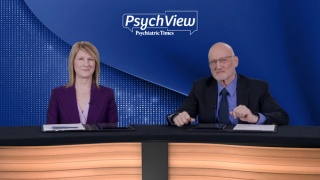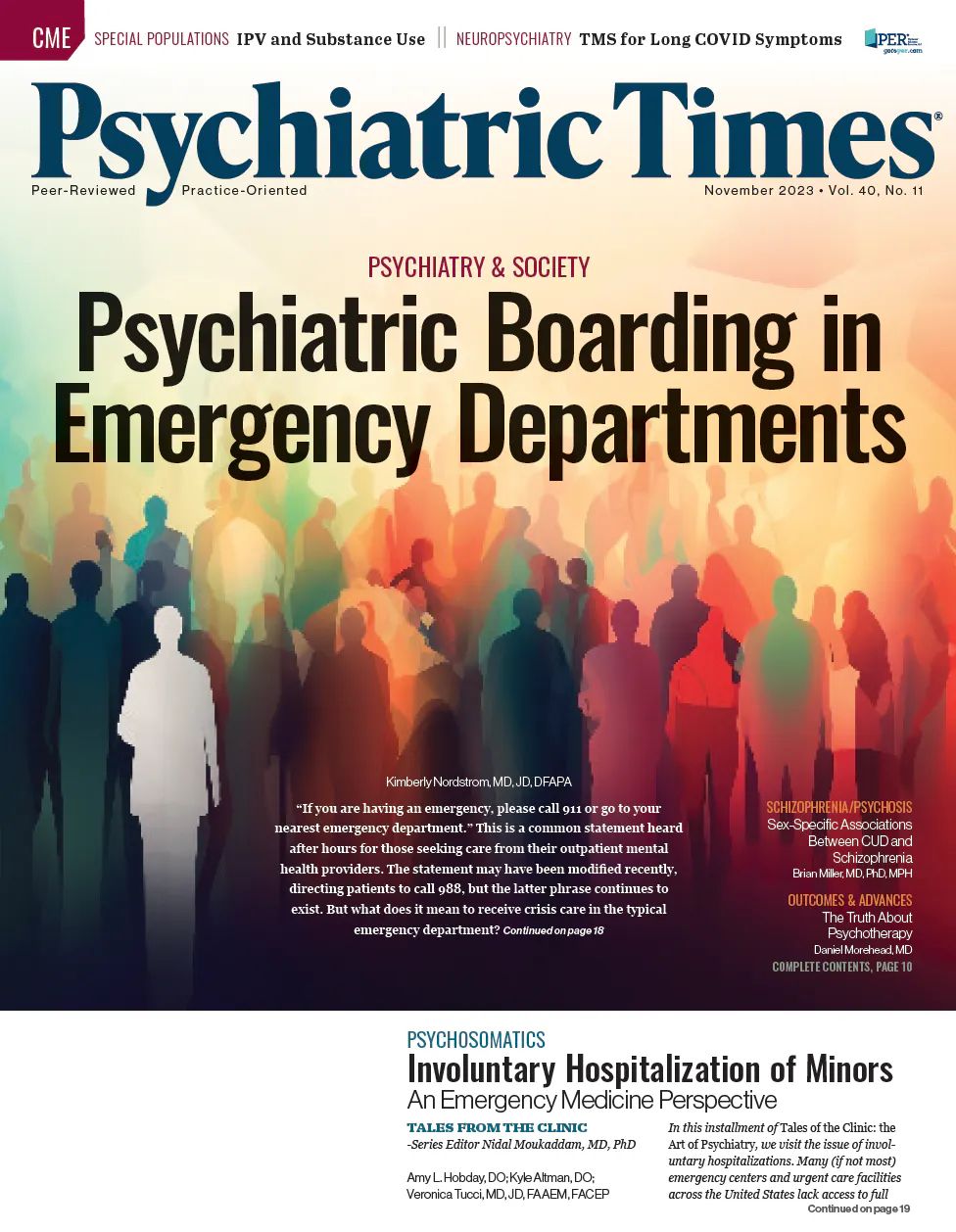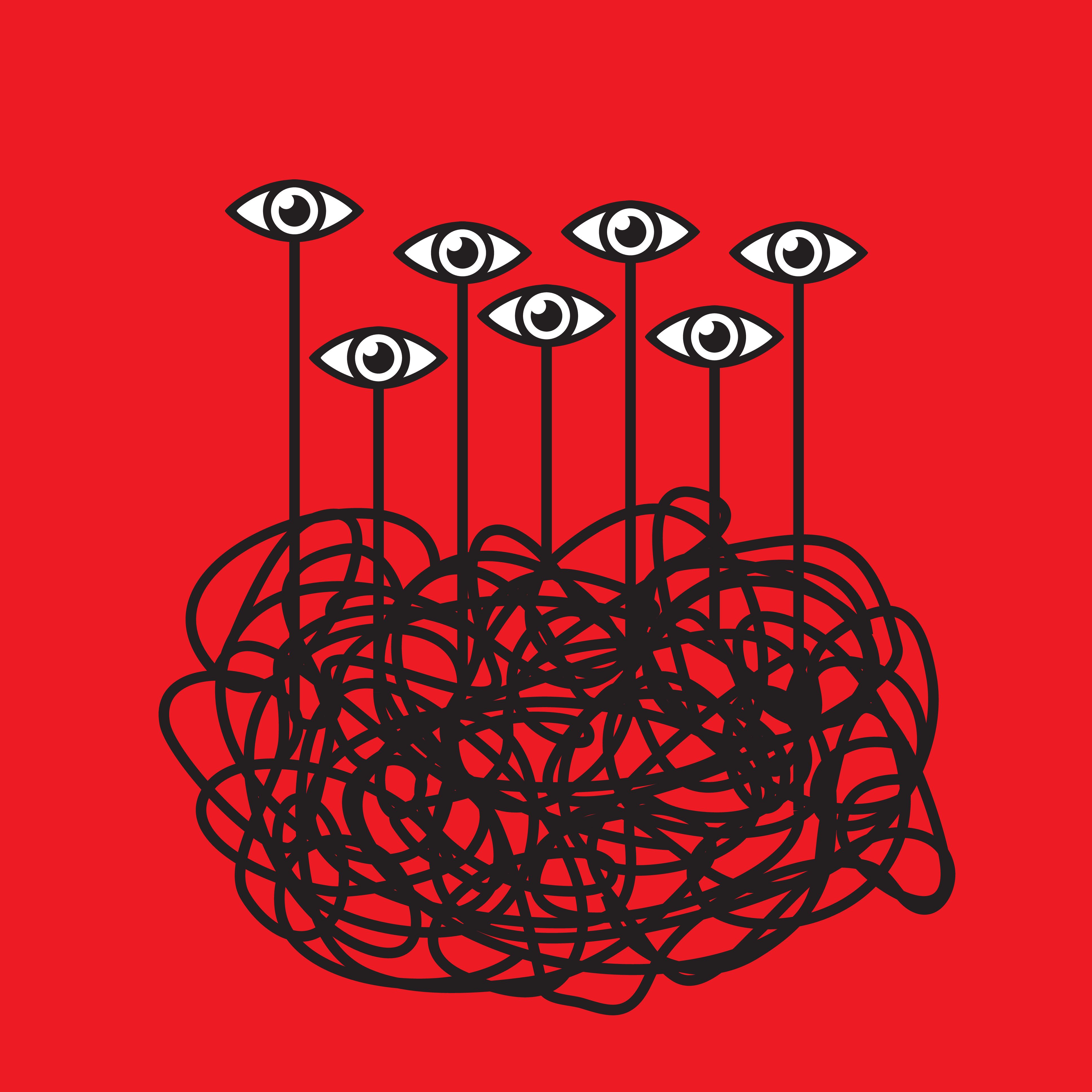
Paranoid Schizophrenia
Latest News
Latest Videos
CME Content
More News

In this conversation, a former APA president discusses mystical and meditative experiences, reconciling psychoanalysis and neuroscience, and tensions surrounding the medical model.

While this digital therapy failed to meet its primary endpoint in a recent clinical trial, results suggest it may improve paranoia in general.

Is this phase 2 trial the end of the road for a potential new treatment?

In spite of a chronic mental illness (schizophrenia)and a psyche that increasingly blurred the boundaries between fantasy and reality, this lawyer and professor graduated from Vanderbilt with a perfect academic record.

The plain fact is that nothing that has been claimed in the name of defending our country can justify cruel, inhuman, and degrading treatment of another man or woman. Torture, in any form-light or heavy-is not a tool of interrogation or useful for gathering good intelligence.

On the wide range of symptoms in schizophrenia, including alterations of the dopaminergic and/or glutamatergic systems, abnormal neurodevelopment, and the theory of immune system imbalance.

Newly developed blood tests for schizophrenia and for depression designed to augment current diagnostic approaches have attracted increased attention at recent major scientific meetings.

This article addresses the epidemiology, diagnosis, and treatment of mild TBI among combat veterans, with a particular focus on blast injury and the presence of comorbid posttraumatic stress disorder (PTSD).

Reflecting on my internship year evokes anxious feelings, despite the fact that I am separated from it by time, distance, and hundreds of positive experiences.

When the solution to a clinical or scientific puzzle eludes us for more than a century, as with schizophrenia, we need new methods to examine the pathology. If we want to make an impact on the disease we must shift research paradigms and focus on the early detection, early intervention, and new avenues of treatment that address different symptoms of schizophrenia.

William Bruce, a young man with symptoms of paranoid schizophrenia, was released from Maine’s state-run Riverview Psychiatric Center in April, 2006. Two months later, he killed his mother with a hatchet. Bruce subsequently was found not criminally responsible by reason of insanity and was recommitted to Riverview.

The Supreme Court's 2006 decision in Clark v Arizona1 was one of the most unexpected defeats the American Psychiatric Association (APA) has had since it began regularly submitting amicus briefs to the Court 35 years ago.

In part 1 of this essay, I argued that individual freedom is not only compatible with determinism but dependent on it. I also argued that freedom is not an "either/or" condition. Rather, actions may be more or less free, and therefore, more or less "responsible," depending on a number of contingent factors, yielding various degrees of freedom. Psychiatrists, I suggested, can be most helpful in so far as we can describe, study, and categorize these degrees of freedom and the psychopathological conditions that undermine them. In part 2, I elaborate on the "naturalistic" model of freedom and autonomy and suggest how it may be applied to psychiatric disorders and medico-legal determinations of culpability.

Integrated psychological treatment (IPT)--which was developed by a research group in Bern, Switzerland, for patients with schizophrenia--is a distinctive and practical approach to rehabilitation.

There were only 3 Jewish students in my high school, and I was one of them. In the small, western New York town where I grew up, most people were tolerant. But a small clique of anti-Semites made life tough for us Jewish kids. Most of the time, we just shrugged off the jokes and insults or came right back at these louts with a snappy retort. Sometimes, the bigotry grew more menacing.

Analyzing data gathered in a 10-nation study of psychoses by the World Health Organization (WHO), Susser and Wanderling1 found that the incidence of nonaffective psychoses with acute onset and full recovery was about 10 times higher in premodern cultures than in modern cultures. Transient psychoses with full recovery were comparatively rare in modern cultures. Such a dramatic difference begs for explanation.

Dr Muller describes a case of a patient with a paranoid psychosis who clearly needs help, yet refuses treatment.

Individuals with schizophrenia are at greater risk for weight gain than the general population. From recent research, it appears that some of the second-generation antipsychotics may be more likely to cause weight gain than others. Recommendations for treatment strategies are provided.

What special issues do psychiatrists face when treating women, children and adolescents, and elderly people with schizophrenia? Are there recommendations for care and monitoring strategies to maintain patients on effective, long-term treatment regimens?

In January, the state of Arkansas executed Charles Singleton, a man known to be suffering from mental illness. That state's supreme court ruled that treating Singleton, even though it would cause him to be competent to be executed, was not cruel or unusual punishment nor unethical. Dr. Stone discusses the ramifications for other death penalty cases.

Standardized test scores and adaptive functioning will now be used to determine who may be sentenced to death and who may not. Yet, legal and psychiatric experts continue to challenge each other to define mental retardation. Some say that retardation can be feigned and used to weaken the power of the death penalty. Others say the issue will not arise.

The threat that a patient may commit an act of violence challenges psychiatrists to wrestle with the legal system as they attempt to successfully build a therapeutic alliance. Patient history, solid medical care, and the duties to warn and to protect must be successfully balanced to navigate the crossroads between psychiatry and the law.

Advances in basic behavior and neuroscience research have been stunning, but until quite recently, efforts to encourage the clinical application of new knowledge have not kept pace. To aid in applying new knowledge to important public health issues, the National Institutes of Health has placed emphasis on "translational research," which aims to provide a bridge between basic research and clinical care. Particularly promising areas of study are highlighted.

Between 50% and 80% of people with mental disorders smoke cigarettes. Are the tobacco companies targeting this population, and are mental health care facilities promoting the use of tobacco? What are psychiatrists' responsibilities in the overall health of their patient?

Tina, a 35-year-old legal secretary, is admitted to the hospital hearing voices that demand she gouge out her own eyes as punishment for having lived a sinful life. She was seen in the local emergency room prior to admission, both for involuntary certification and treatment for corneal damage from having attempted to harm herself. She states to the admitting psychiatrist, "If thine eye offend thee, pluck it out!"







